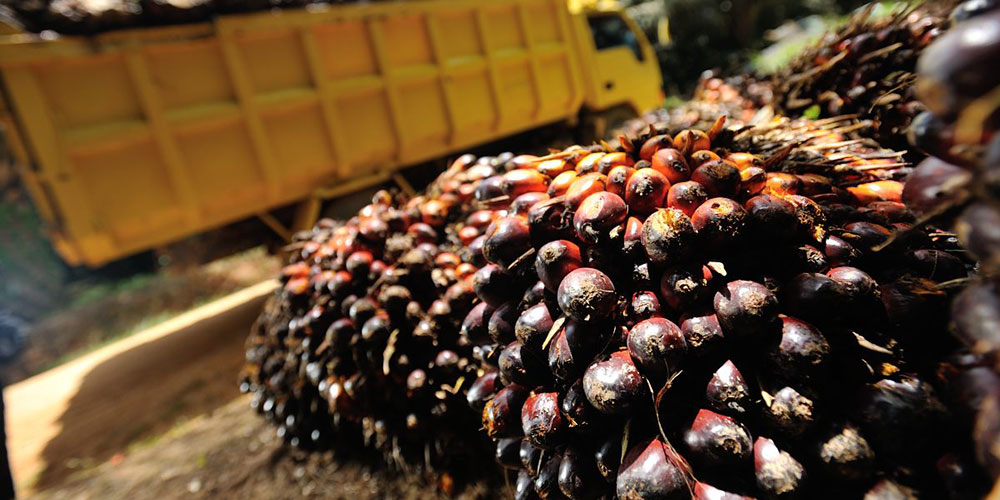FFB Supplier Traceability

We currently operate 10 palm oil mills that process fresh fruit bunches (FFB) from our own plantations as well as from third-party (external) suppliers in Kalimantan, Indonesia. There are 4 mills that source their FFB exclusively from our own plantations and plasma schemes. The other 6 mills source part of their FFB from third party suppliers and farmers.
More than 5,000 smallholders supply fresh fruit bunches to our palm oil mills, and they are regularly monitored for their compliance with our sustainability Policy in their practice.

The table of FFB Traceability to Plantation of DSN Group can be seen below.

In 2023, 99.41% or 2,849,296 tons of FFB supply volume from our total direct suppliers are compliant to our NDPE and sourcing policies (direct suppliers we define as Company owned estates, plasma smallholders and external independent oil palm plantation companies). While 0.59% direct suppliers’ volumes are still in the process to achieve compliance.
At the same time, 16.50% or 472,830 tonnes of Partnership FFB supply volume from our total indirect suppliers have complied with our NDPE policy and sourcing policy (which we define as smallholders through agents or cooperatives (Saprodi or ECOOP). In addition, 20.33% of the volume of other suppliers and 1.58% of non-controlled suppliers are also in the process of achieving compliance..
The above compliance is measured by our process for traceability & compliance, which include amongst others, the signing of a Code of Conduct declaration, self-assessment compliance evaluation, polygon mapping evaluation, corrective action identification, scheduling and verification, reporting of compliance test results, regular audits on supplier compliance status as well as grievances from stakeholders.

The following is a breakdown of the composition of FFB received and processed based on the supply chain of each PKS during 2023:

DSNG also traced the kernel production that we obtained from the processing of FFB in several PKSs in Muara Wahau, Kongbeng, Karangan, and Bengalon, East Kalimantan Province, the details are as follows:
